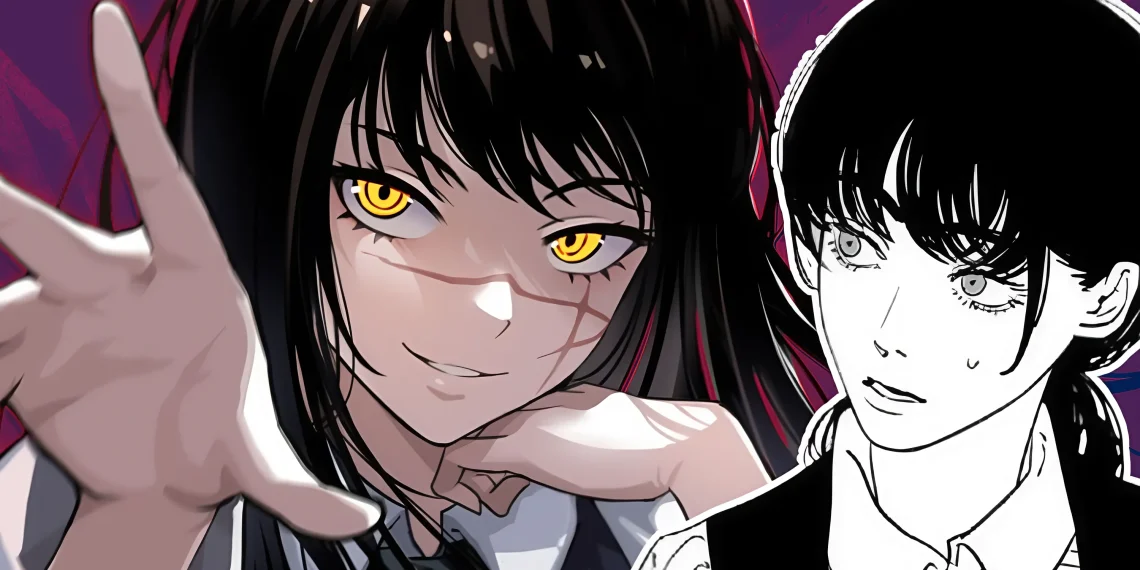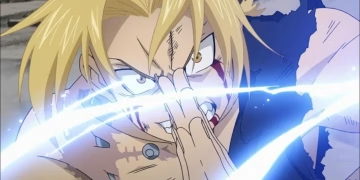Tatsuki Fujimoto’s Chainsaw Man has attracted the readers with its dark, inventive storytelling and complex characters.
In recent developments, particularly in Chapter 176, one character has taken center stage: the War Devil, Yoru.
This chapter has introduced a profound revelation about Yoru’s self-perception and her intricate relationship with Asa Mitaka.
As Yoru grapples with her role and identity, her actions and interactions offer deeper insights into her character, especially her view of herself as a mother.
This article goes into these revelations, exploring how Yoru’s maternal instincts influence her behavior and her evolving relationship with Asa.
Yoru’s Achievement: Echoing Makima’s Feats
In Chapter 176 of Chainsaw Man, Yoru achieves a remarkable feat that parallels the accomplishments of only one other character: the Control Devil, Makima.
Utilizing the Angel Devil’s unique ability, Yoru summons the Tank and Gun Devils and transforms them into the Right Gun Gauntlet and Left Tank Gauntlet.
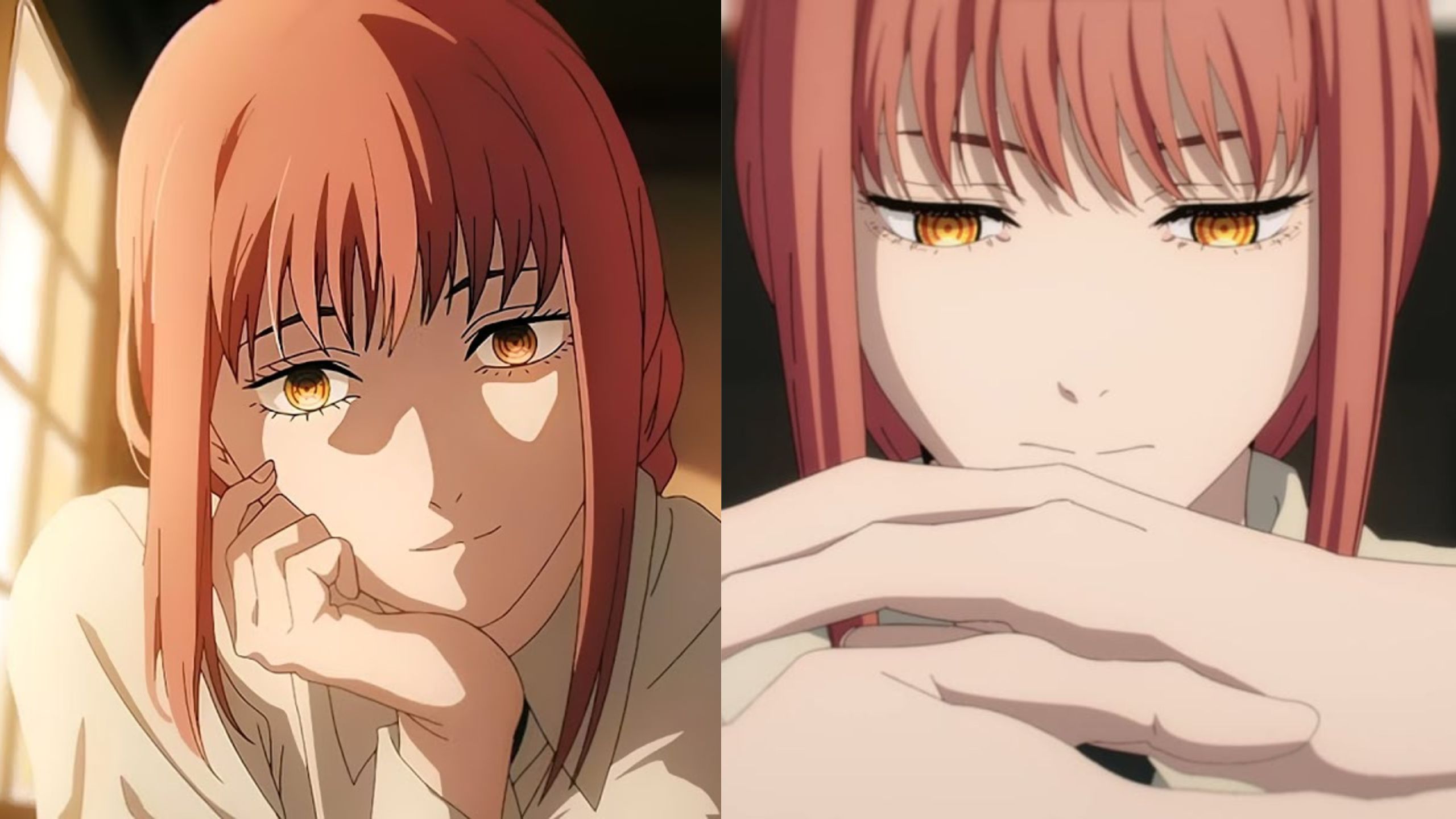
This transformation proves to be a game-changer, enabling Yoru to inflict severe damage on Pochita’s Hero of Hell form and even liberate the Mouth Devil from within him.
The significance of this accomplishment goes beyond the mere display of power.
Yoru’s ability to wield such destructive force is closely tied to her emotional state, particularly the guilt she harbors over the sacrifices she has made.
In this chapter, Yoru’s admission that she views herself as a mother to the Tank and Gun Devils adds a layer of emotional depth to her actions.
This self-perception influences her actions and interactions, providing a richer understanding of her character and motivations.
Yoru’s Authoritative Approach: A Maternal Perspective
From the beginning of Part 2, known as the Academy Saga, Yoru’s interactions with Asa are characterized by a notable sense of parental authority.
This dynamic is evident from their first significant conversation, where Yoru essentially coerces Asa into attending school and following her orders under the threat of death.
While this authoritative approach may initially seem harsh, it also hints at a deeper, more complex relationship between Yoru and Asa.
Yoru’s behavior towards Asa can be seen as a reflection of a mother’s guidance, albeit delivered with a degree of severity and insistence.
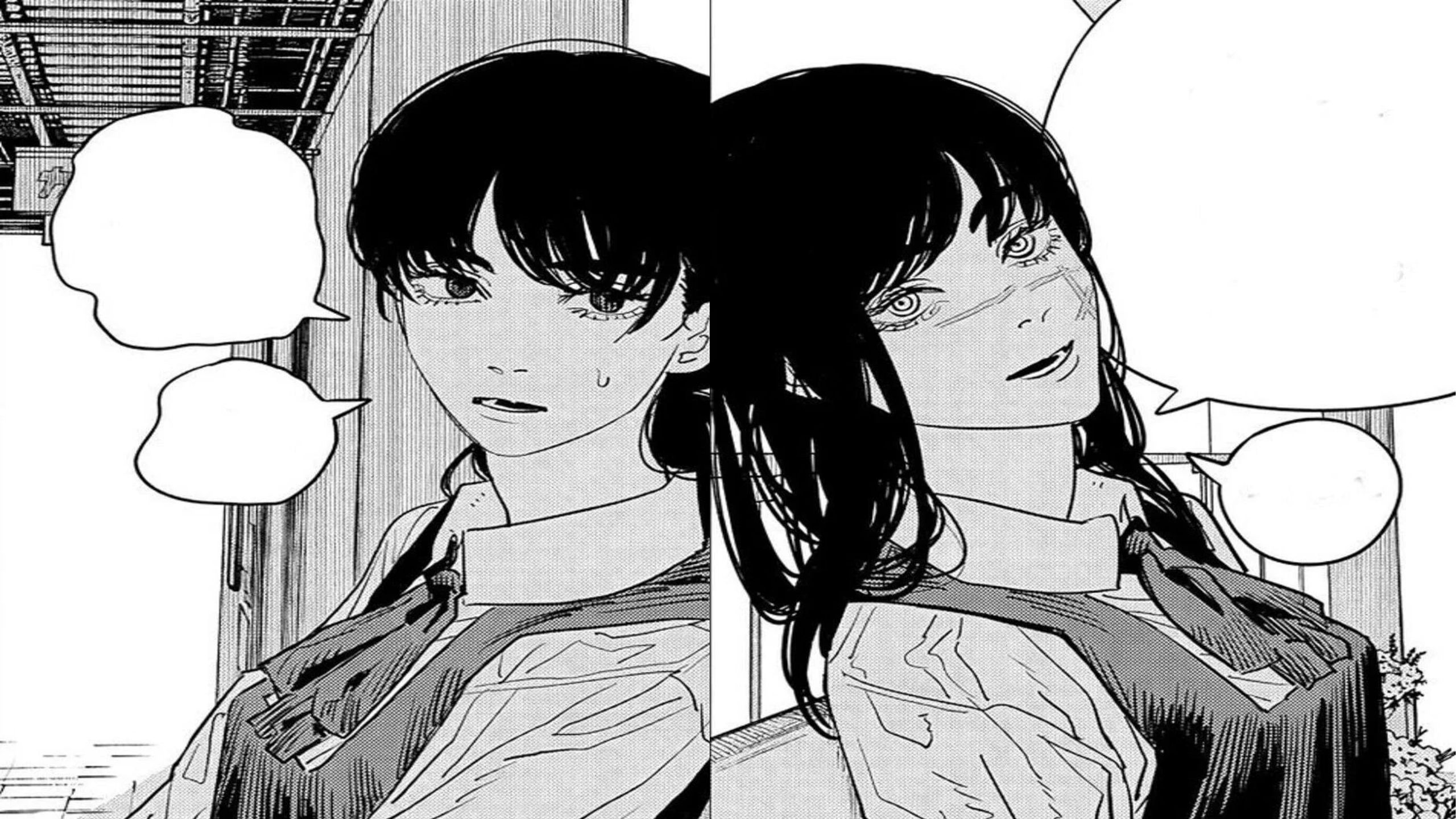
She frequently assigns tasks and imposes her will on Asa, regardless of Asa’s protests or reluctance.
This authoritative manner underscores Yoru’s struggle to balance her commanding instincts with genuine concern for Asa’s well-being.
Yoru’s attempts to guide Asa often result in missteps, as she struggles to understand Asa’s emotions and needs accurately.
The Transition: From Authority to Genuine Friendship
As the series progresses, the relationship between Yoru and Asa evolves from a strictly authoritative dynamic to one that resembles genuine friendship.
This transformation mirrors how a mother and child might develop a deeper bond over time, moving from a relationship characterized by control and instruction to one marked by mutual respect and understanding.
Although Yoru’s role in Asa’s life is far from that of a traditional mother, her maternal instincts significantly shape their interactions.
Fujimoto’s portrayal of Yoru subtly reinforces her mother-like qualities, illustrating how her self-perception as a mother impacts her behavior and relationship with Asa.
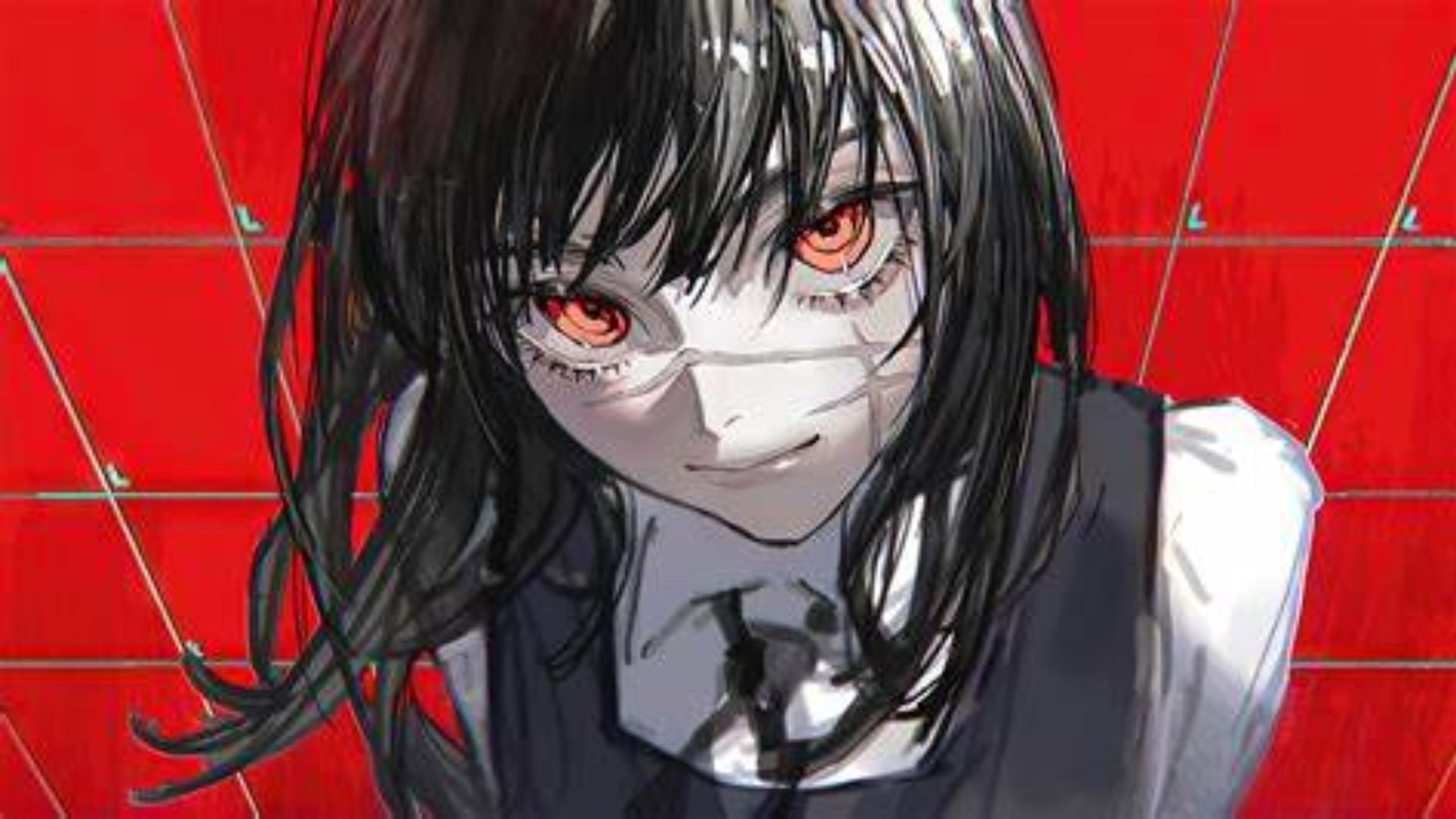
A notable example of this evolving relationship is seen when Yoru and Asa prepare for their date with Denji.
As they argue over their outfits, the scene evokes the familiar dynamic of a parent helping a child to find a social event.
Yoru’s concern for Asa’s appearance and her ability to impress Denji, while different in purpose from a mother’s hopes for her child’s romantic success, shares similar emotional undertones.
This moment highlights the complexity of Yoru’s feelings and how her maternal instincts influence her interactions with Asa.
Date Preparation: Maternal Subtext
The scene where Yoru and Asa prepare for their date with Denji is particularly revealing.
Their interaction, characterized by bickering over outfits, reflects the familiar dynamic of a parent guiding a child through a social experience.
Yoru’s investment in Asa’s ability to charm Denji, although different in purpose from a mother’s traditional hopes for her child’s romantic success, echoes similar emotional undertones.
This moment underscores Yoru’s maternal instincts and how they shape her interactions with Asa.
the chapter revealing that yoru is a mother figure actually makes the hand chapter so so so so much worse. makima parallels pic.twitter.com/71lObMgmYR
— jay is messmerized (@voxsouls) September 3, 2024
The seemingly trivial argument over outfits belies a deeper care and concern that Yoru has for Asa, reflecting the way a mother might guide her child through important social experiences.
This scene provides a clear illustration of how Yoru’s role as a mother-like figure influences her behavior and relationship with Asa.
Guilt of Sacrifice: Yoru’s Emotional Burden
Yoru’s profound sense of guilt over the sacrifice of the Tank and Gun Devils further emphasizes her self-perception as a mother.
In Chapter 176, the immense damage inflicted on Pochita, coupled with the liberation of the Mouth Devil, illustrates the formidable power of Yoru’s weapons.
This power is intricately linked to her emotional state, particularly the guilt she experiences about the sacrifices she has made.
The severity of Pochita’s injuries in his true Hero of Hell form, only the second time such damage has occurred, underscores the potency of these weapons and the weight of Yoru’s emotional burden.
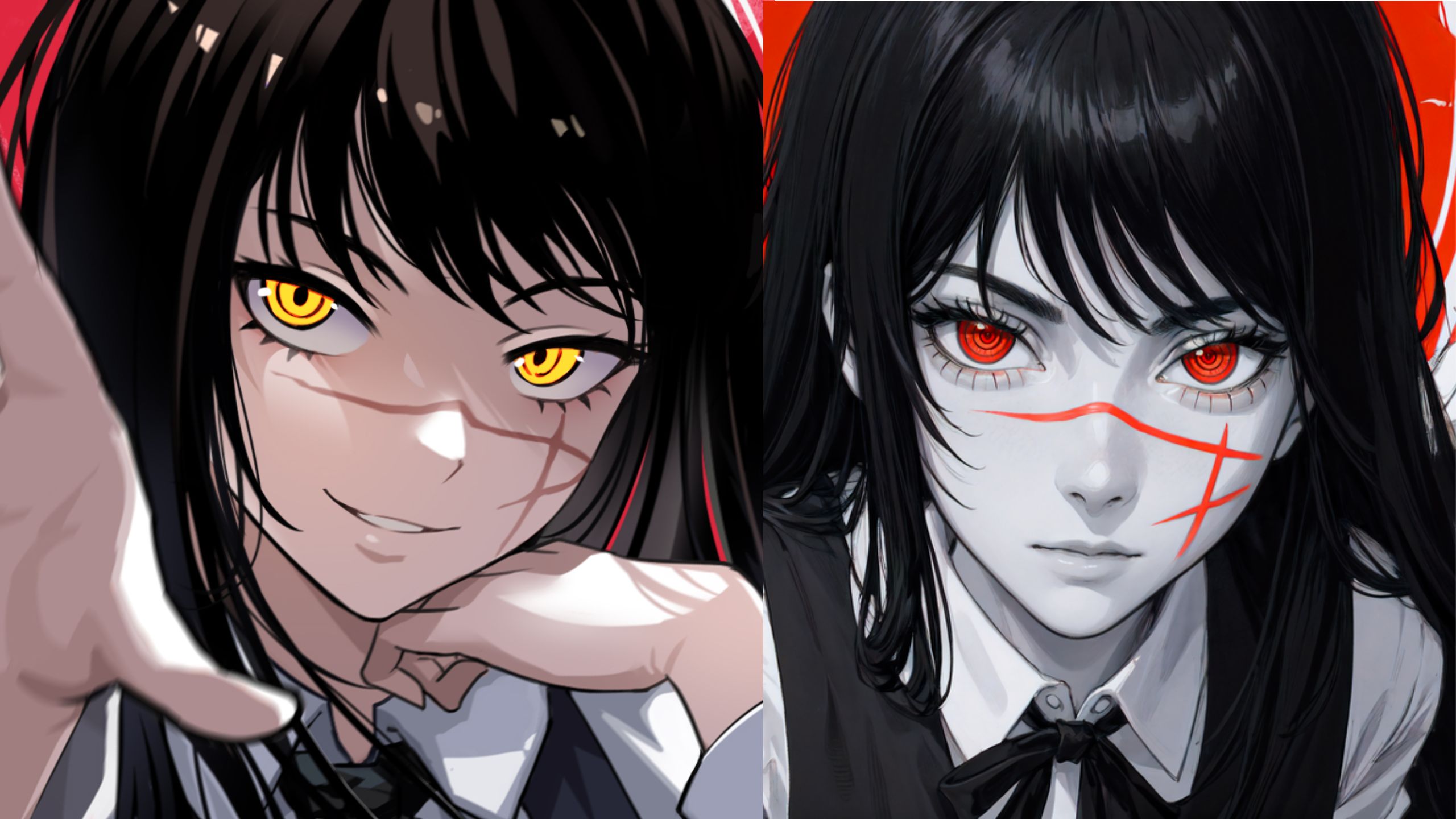
Her guilt is not merely an emotional reaction but a fundamental aspect of her character, shaping her actions and interactions throughout the series.
This emotional burden adds depth to Yoru’s character, highlighting the complexity of her motivations and behaviors.
Maternal Instincts and Character Complexity
Yoru’s self-view as a mother adds significant complexity to her character, influencing her actions and relationships with other characters.
Her maternal instincts are not a superficial trait but a defining element of her personality, shaping her behavior and interactions throughout the narrative.
This self-perception as a mother enhances Yoru’s character depth, providing a richer understanding of her motivations and actions.
The ongoing exploration of Yoru’s character promises to reveal even more intriguing developments.
Her role as a mother-like figure and her evolving relationship with Asa add layers of complexity to the story, making Yoru one of Chainsaw Man’s most compelling characters.
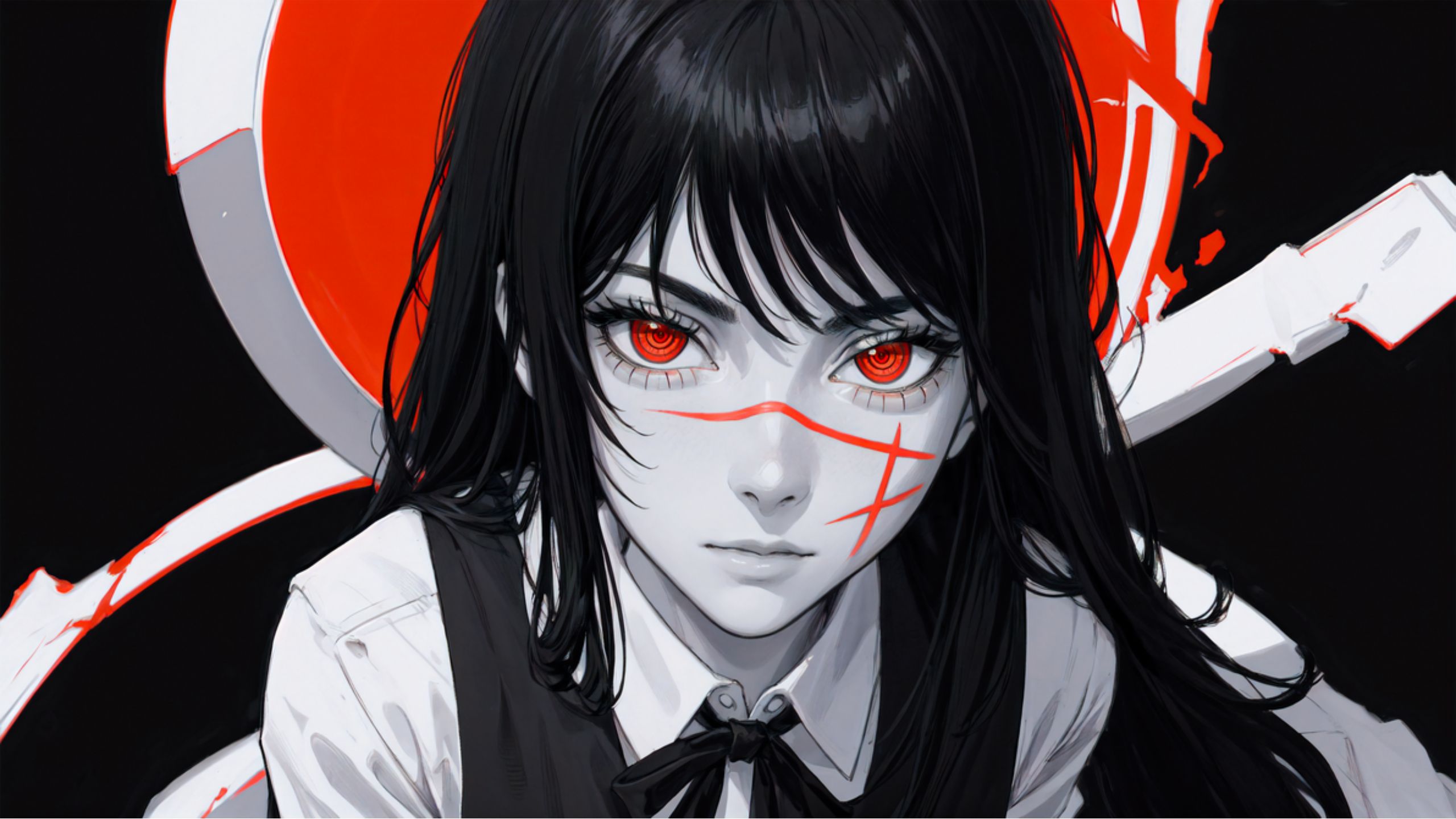
Fujimoto’s storytelling effectively integrates Yoru’s maternal qualities into the broader context of the series, enriching the final narrative and contributing to the series’ depth and appeal.
Impact of Yoru’s Maternal Instincts on the Narrative
Yoru’s role as a mother-like figure and her evolving relationship with Asa significantly impact the narrative of Chainsaw Man.
Her maternal instincts influence not only her interactions with Asa but also her broader role within the story.
The emotional depth and complexity of Yoru’s character enrich the final narrative, making her one of the most compelling figures in Part 2.
It explains why she behaved like a mother#csm176 pic.twitter.com/Gih0gSXYgO
— dannyさん (@danny_saaan) September 3, 2024
Fujimoto’s storytelling weaves Yoru’s maternal qualities into the larger context of the series, highlighting how her self-perception as a mother shapes her actions and relationships.
This integration of Yoru’s character into the broader narrative adds layers of depth and complexity to the story, making it one of the most engaging aspects of Chainsaw Man.
Yoru’s Role in Chainsaw Man Part 2
The exploration of Yoru’s character in Chapter 176 of Chainsaw Man provides valuable insights into her self-perception as a mother and her evolving relationship with Asa Mitaka.
Tatsuki Fujimoto’s masterful storytelling ensures that Yoru remains a central and multifaceted figure, whose maternal instincts and emotional complexity continue to attract the readers.
As the series progresses, Yoru’s character promises to offer even more intriguing developments.
Her role as a mother-like figure and her dynamic with Asa add significant layers to the narrative, solidifying her place as one of Chainsaw Man’s most well-crafted and compelling characters.
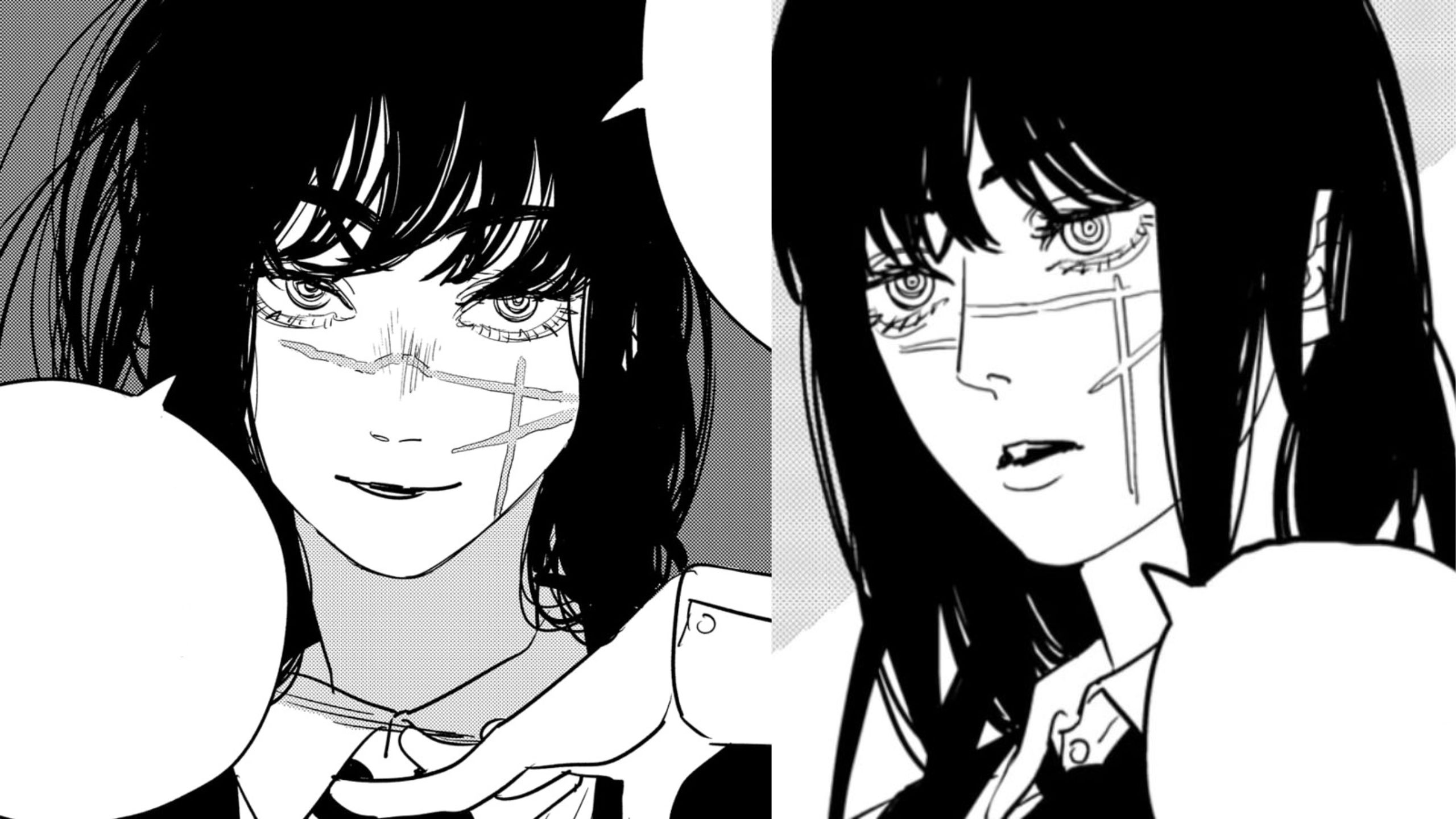
The ongoing exploration of Yoru’s character will undoubtedly contribute to the richness of the story, making it one of the most engaging aspects of Chainsaw Man Part 2.
Chapter 176 reveals crucial aspects of Yoru’s character, particularly her self-view as a mother and how it influences her relationship with Asa.
The depth and complexity of Yoru’s character, shaped by her maternal instincts and emotional burdens, add significant layers to the narrative, enriching the final experience for readers.
As the story unfolds, the continued exploration of Yoru’s character promises to deliver even more attracting and thought-provoking developments, further solidifying her role in the intricate world of Chainsaw Man.


